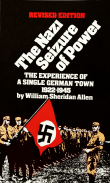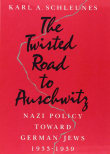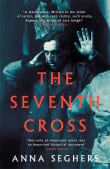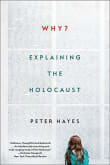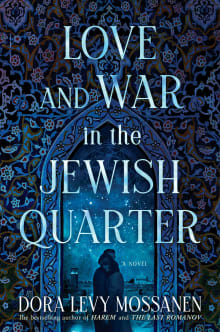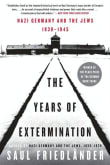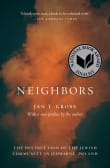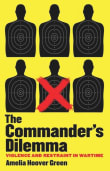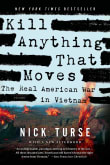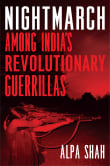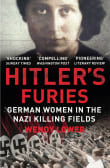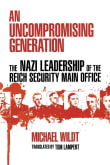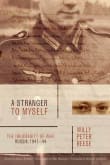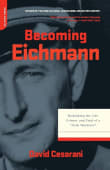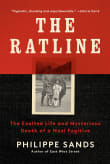Ordinary Men
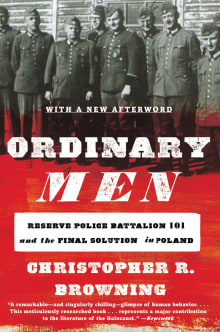
Book description
Christopher R. Browning's shocking account of how a unit of average middle-aged Germans became the cold-blooded murderers of tens of thousands of Jews-now with a new afterword and additional photographs. Ordinary Men is the true story of Reserve Police Battalion 101 of the German Order Police, which was responsible for…
Why read it?
6 authors picked Ordinary Men as one of their favorite books. Why do they recommend it?

Everything about this book is horror, reading it I almost felt like blood was quietly dripping onto the floor from every page. Browning's gift, however, is not to wallow in the slaughter but in making it hum-drum, presenting the Holocaust almost as a 'bureaucratic function' rather than a campaign of unimaginable violence. The very fact that these men did what they did and then returned home to their earlier lives with hardly a blip shook me to the core.

How could ordinary policemen be implicated in the Holocaust by participating in mass shootings of Jews? After SS leader Heinrich Himmler took over the police forces in 1936, he was able to call up regular (i.e., non Nazified) police battalions and order them into Nazi-occupied Poland.
The historian Browning's book is based on the post-war interrogations of some of these policemen for trial. Browning delves into the reasons they went along with the mass shootings, even though they could have opted out and requested a different assignment.
His gripping analysis shows how peer pressure shapes individuals, and how participation in…
From Herlinde's list on Nazi perpetrators.

Christopher Browning’s Ordinary Men launched perpetrator studies in the field of Holocaust Studies with its publication in 1992 and became the foundation for subsequent scholarship on the topic.
Focusing on a group of middle-aged German men mobilized for occupation duty in Poland, Browning argued that peer group pressure, obedience to authority, and individual ambition rather than ideological belief provided the motivation for these men to engage in acts of atrocity and mass murder against Polish Jews.
Based on postwar interrogation and trial transcripts for the unit, Browning expanded historical studies to incorporate social science theory such as works by Stanley…
From Edward's list on perpetrator motivation in the Holocaust.
If you love Ordinary Men...

I never tire of reading and learning from this insightful book about the conditions that lead “ordinary people” to carry out shocking massacres. Browning explains how German recruits, mostly working-class Hamburgians that formed Reserve Police Battalion 101, participated in the Nazi effort to exterminate Jews in Poland and Russia. This battalion of about 500 men accounted for the deaths of an estimated 83,000 Jews between the 38,000 killed in massacres and during “Jew hunts” and 45,000 placed on trains for extermination in the gas chambers of Treblinka. Browning explains the actions as driven by “the mutually intensifying effects of war…
From Leigh's list on violence and restraint in wartime.

This book is a staple of the course I teach on the Holocaust. It is also the book most likely to provoke intense debate among my students. The book isn’t concerned with why Nazis so willingly participated in the Holocaust. It’s concerned with why Germans who weren’t Nazis and never really showed any affinity for Nazism also actively participated in the Holocaust. The answers Browning provides are disturbing, thought-provoking, compelling, and on more than one occasion have kept me awake at night. Browning’s book is a must-read in the field of Holocaust Studies and has been for thirty years. For…
From Richard's list on the Holocaust and how humanity failed.

In one of the most famous and most important books about the Holocaust, Browning shows that many of the soldiers who perpetrated the Holocaust were not sadists or vicious antisemites by nature. They were ordinary men who were affected by the circumstances of the brutal war, incessant Nazi propaganda about Jews, feelings of group solidarity during wartime, and the power of orders from a higher authority. Once middle-aged policemen in northern Germany, many became hardened killers in Poland.
From Jay's list on Nazi German and the Holocaust.
If you love Christopher R. Browning...
Want books like Ordinary Men?
Our community of 12,000+ authors has personally recommended 100 books like Ordinary Men.


